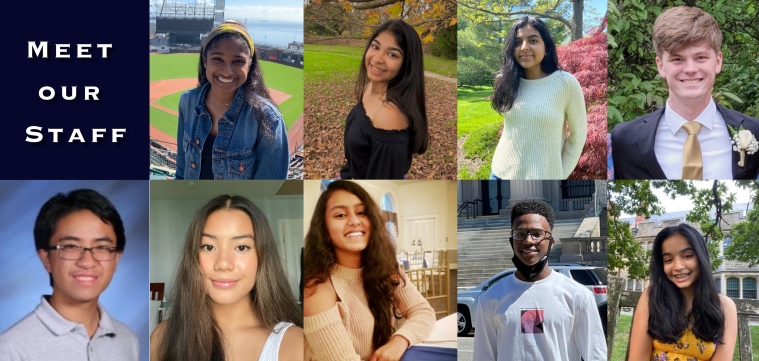Saranya Mandapaty
Staff Writer
If we look at the root of journalism and the role it’s played in American history alone, we see that during the Revolutionary War, independant and publication journalism is what truly fanned the flames of rebellion. But with such rebellion, comes consequence.
The United Nations once defined journalism as one of the most dangerous professions in the world and they weren’t wrong. Every year, around 100 journalists are killed—simply for doing their jobs. And at least five known journalists have been reported dead since Russia’s official invasion upon Ukraine. There’s an alarming chance that the number is higher as many journalists have been reported missing, injured, or detained. Though the deaths of these journalists were through airstrikes or military attacks, it is common to see journalists personally targeted and killed by terrorist organizations, militia, security personells, and even local police. Currently, worldwide, there are 54 journalists being held captive in foreign countries.
Additionally, in the past 12 years alone, around 1,000 journalists have been murdered for reporting on conflicts and bringing issues to the public eye. The role of journalists is both crucial and deathly. Not only that, but, The Bureau of Labor Statistics reports that journalism is at a decline and the amount of workers in the field will decline by 4.8% by 2030, after already shrinking from nearly 66,000 workers in 2000 to 52,000 in 2019. They state that the pandemic “magnified a lot of those things that are already present for journalists: burnout, stress and anxiety.”
Refusal to acknowledge the crimes committed against journalists fuels the cycle of suppressed press freedom. These journalists need protection both physically and mentally from the experiences they have to live through on their day-to-day. The government can go about this by prioritizing the media. They can go about this by instituting a media shield law, which would protect journalists from revealing their sources to law enforcement.
Most recently, on May 11th, 2022, Shereen Abu Akleh, a Palestenian journalist was killed by a targeted sniper when reporting on the Israel-Palestine conflict.“I chose journalism to be close to the people,” she said, hours before her murder. “It might not be easy to change the reality, but at least I was able to bring their voice to the world.”
Photo Source: New York Film Academy


